About Discovery Mood & Anxiety Program—Stamford Residential Mental Health Treatment Program
The Stamford Residential Mental Health Treatment Program in Stamford, Connecticut, is a teen treatment center of the Discovery Mood and Anxiety Program. The center accepts all genders ages 11 to 17.
The center is in network with Anthem Blue Cross, Cigna, Beacon, Unicare, and Kaiser but accepts other insurances as well. They’re certified by The Joint Commission and are a state licensed treatment center.
Conditions treated include trauma, anxiety, depression, self harm, bipolar disorders, and reactive attachment disorder. Substance use is considered a self harming behavior and a co-occurring condition. If your teen needs more intensive treatment, they’ll be referred to the Fairfield mental health facility.
Holistic Treatment and Therapies
Treatment uses therapies such as cognitive behavioral and dialectical behavior approaches. Youth are taught how to be healthy by nutrition and activities that encourage healing and increase feelings of self worth.
Your youth’s day will consist of scheduled wake up and bedtimes, group meetings, chores, and meal times. Psychotherapy is used to treat youth with varying approaches such yoga, nutrition education, positive coping, relapse prevention, and general life skills. Youth receive five to six hours of therapy per day.
School Support Program
A school support program supervises and supports clients while completing school work. The education liaison ensures each youth can work in a learning supported environment. Your youth’s liaison will ensure a smooth transition for your youth back into their school.
Aftercare Referral for Partial Hospitalization
Recovery efforts do not stop after we have completed residential treatment. Your youth will likely be referred to the partial hospitalization program after completing residential treatment. Youth in this program attend substance use treatment five days per week for six hours.
Latest Reviews
Rehab Score
Gallery

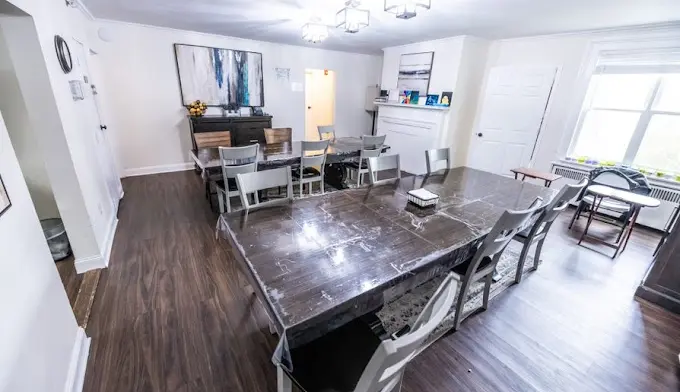
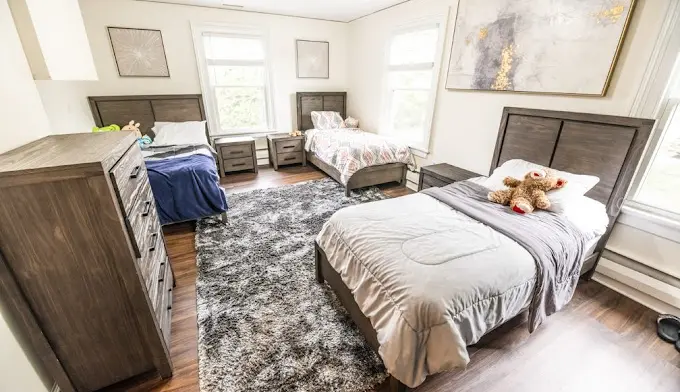

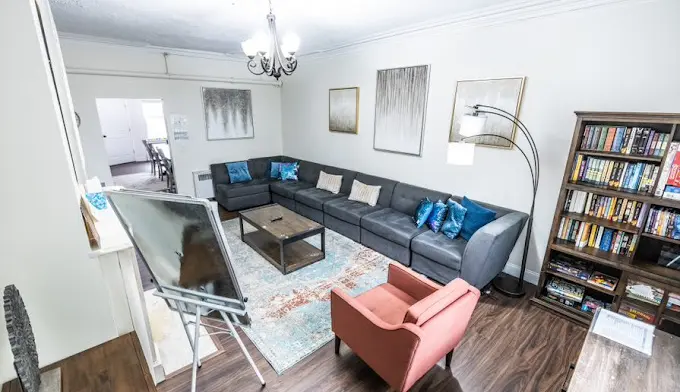


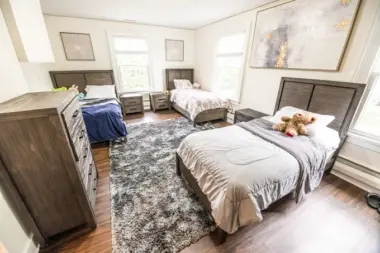

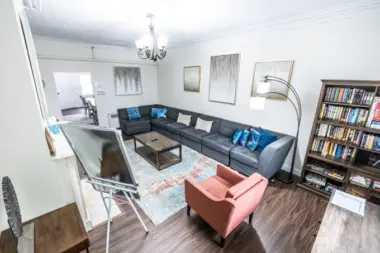
Accepted Insurance
Other Forms of Payment
Private insurance refers to any kind of healthcare coverage that isn't from the state or federal government. This includes individual and family plans offered by an employer or purchased from the Insurance Marketplace. Every plan will have different requirements and out of pocket costs so be sure to get the full details before you start treatment.
Self-pay involves paying for treatment out of your own pocket. You can use savings or credit, get a personal loan, or receive help from family and friends to fund your treatment. If you don't have insurance or your insurance plan doesn't cover a specific program, self-pay can help ensure you still get the care you need.
Addiction Treatments
Levels of Care
Intensive Outpatient Programs (IOP) are for those who want or need a very structured treatment program but who also wish to live at home and continue with certain responsibilities (such as work or school). IOP substance abuse treatment programs vary in duration and intensity, and certain outpatient rehab centers will offer individualized treatment programs.
Rehab aftercare programs promote clients' long-term sobriety through a suite of services designed to provide a complete continuum of care. Drug rehab aftercare typically begins as soon as patients exit inpatient care and often includes formal outpatient treatment. Clients who no longer require outpatient counseling, education, or other treatment generally continue to receive rehab aftercare services, such as peer coaching, career counseling, or 12 step program induction. Clients typically develop their program in collaboration with their case manager.
At times during the addiction treatment process, medical professionals must provide 24-hour clinical care in Connecticut. The processes are medically supervised due to the potential dangers of withdrawal symptoms. Staff often prescribe medications to manage these symptoms and curb cravings.
Treatments
Mental health rehabs focus on helping individuals recover from mental illnesses like bipolar disorder, clinical depression, anxiety disorders, schizophrenia, and more. Mental health professionals at these facilities are trained to understand and treat mental health issues, both in individual and group settings.
Programs
Adult rehab programs include therapies tailored to each client's specific needs, goals, and recovery progress. They are tailored to the specific challenges adult clients may face, including family and work pressures and commitments. From inpatient and residential treatment to various levels of outpatient services, there are many options available. Some facilities also help adults work through co-occurring conditions, like anxiety, that can accompany addiction.
Clinical Services
According to cognitive behavioral therapy in Connecticut, individuals can change their behaviors by changing their thoughts. Applied to substance use disorder, this can be an effective treatment method to help patients transform their thoughts and lives.
Dialectical Behavior Therapy (DBT) is a modified form of Cognitive Behavioral Therapy (CBT), a treatment designed to help people understand and ultimately affect the relationship between their thoughts, feelings, and behaviors. DBT is often used for individuals who struggle with self-harm behaviors, such as self-mutilation (cutting) and suicidal thoughts, urges, or attempts. It has been proven clinically effective for those who struggle with out-of-control emotions and mental health illnesses like Borderline Personality Disorder.
Group therapy offers insight into behavioral patterns and triggers. This can lead to a better understanding of your addictive behaviors, which in turn promotes sobriety and sustainable recovery. You can share your experiences and strategies you use to overcome triggers and learn new strategies from your peers.
Individual therapy uses evidence based treatment modalities to focus on building a strong therapeutic alliance between yourself and your therapist. This crucial relationship fosters trust that enables you to discuss your struggles and work together to develop effective strategies to overcome addiction.
Motivational interviewing in Connecticut is a method of communication designed to stimulate motivation and commitment to change. It encourages clients to move toward goals by exploring their own motivations for change rather than coercing them to change through advice, warnings, or judgment.
Trauma therapy offers you a safe space to process a traumatic experience as therapists use trauma informed care. Your therapist works to support your understanding of your emotional and physical responses to the trauma while developing healthier coping skills. This helps to foster a sense of empowerment that leads to recovery.
Family therapy sessions work to strengthen the family unit by addressing addiction related conflicts and fostering support between family members. Your therapist guides family members in developing effective communication strategies and creating an environment that aids in your loved one's recovery.
During rehab treatment, you and your therapist will identify any life skills that you need to develop. Your treatment will include methods to strengthen those skills so you can have a successful long term recovery. These skills include thinking skills, self awareness, and interpersonal skills.
The goal of experiential therapy is to help you release negative thoughts and emotions and learn healthy coping strategies. This is accomplished through expressive activities such as animal care, music, art, culinary arts, or drama.
Amenities
-
Residential Setting
-
Private Rooms
Staff & Accreditations
Staff
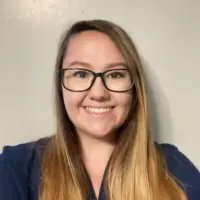
Jacqueline Guiliano, LCSW
Program Director
Accreditations

The Joint Commission, formerly known as JCAHO, is a nonprofit organization that accredits rehab organizations and programs. Founded in 1951, the Joint Commision's mission is to improve the quality of patient care and demonstrating the quality of patient care.
Joint Commission Accreditation: Yes
Contact Information
929 Newfield Avenue
Stamford, CT 06905



